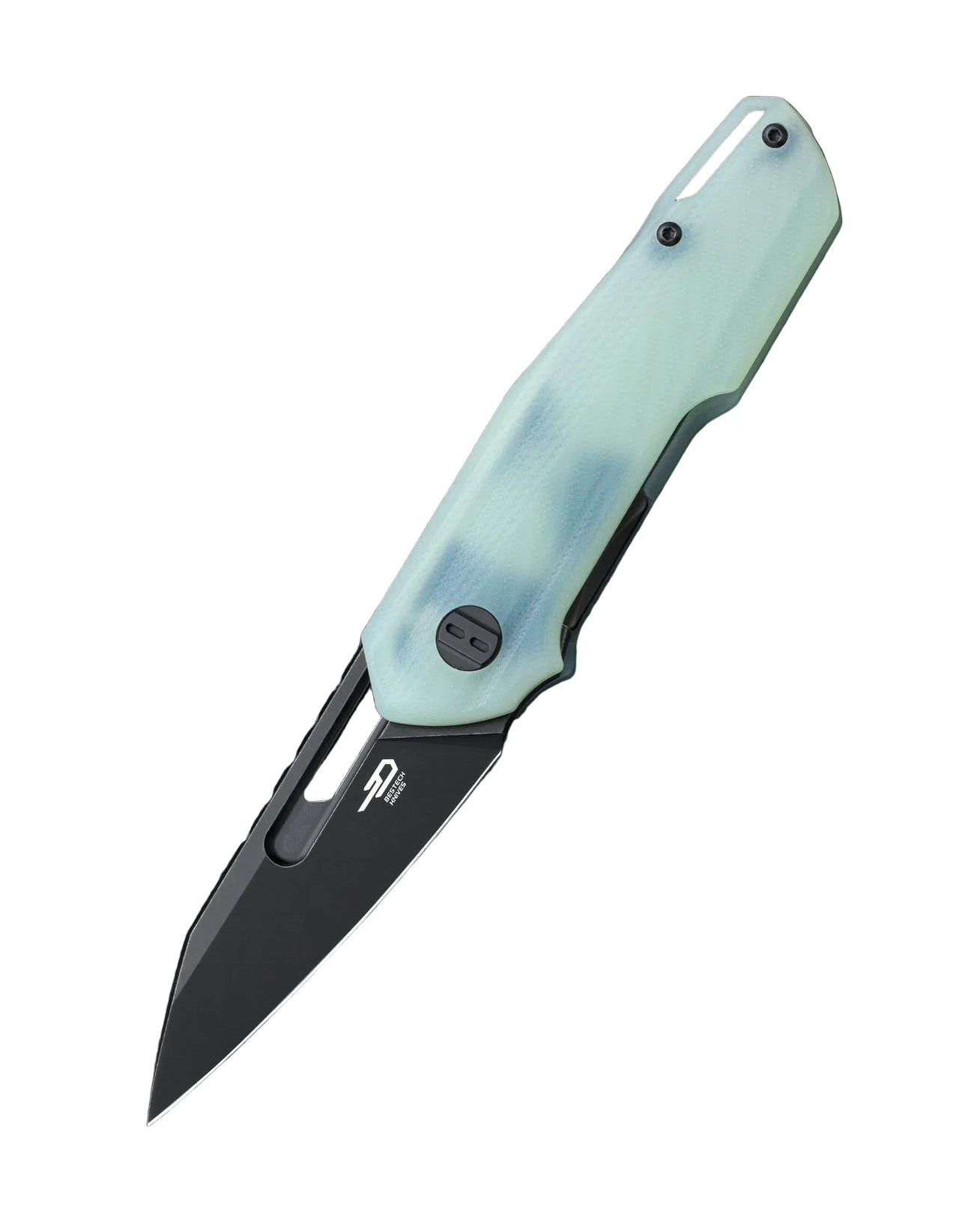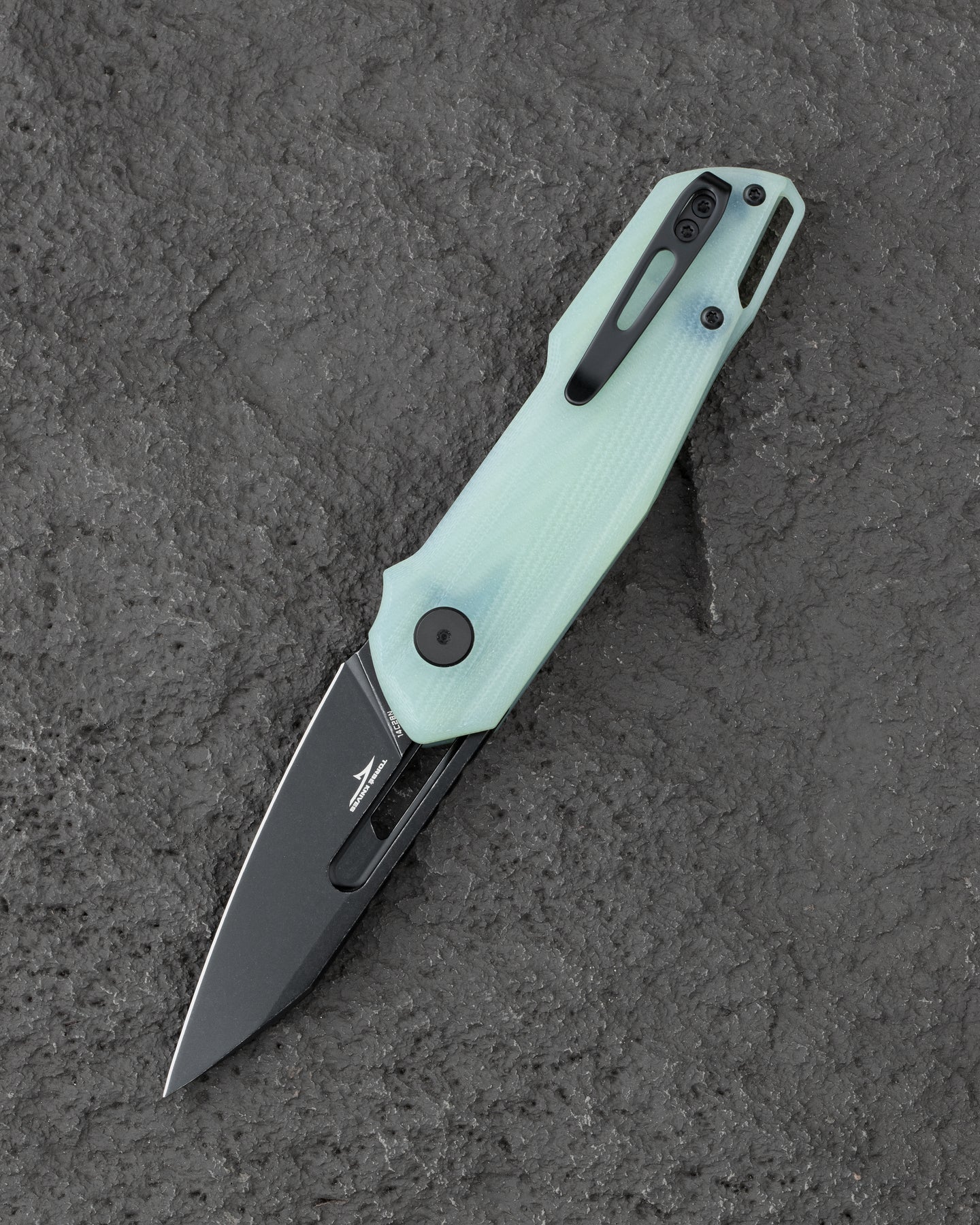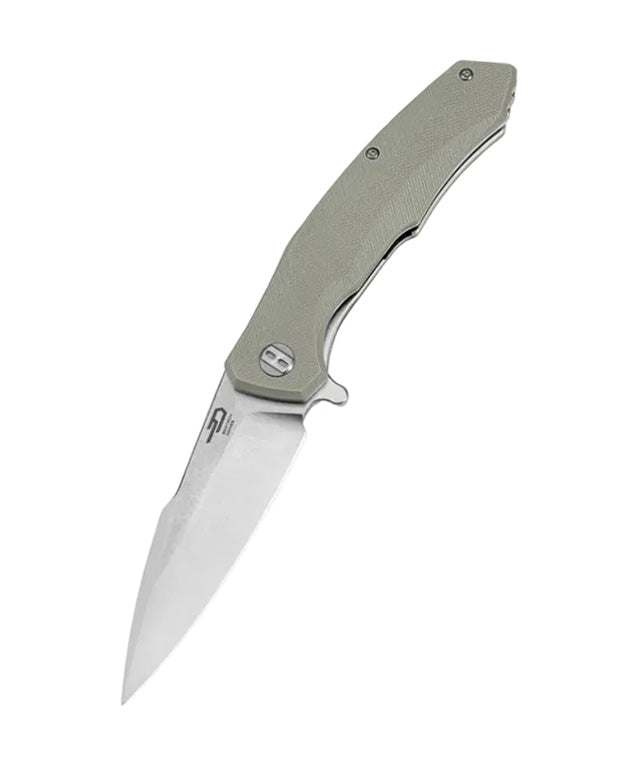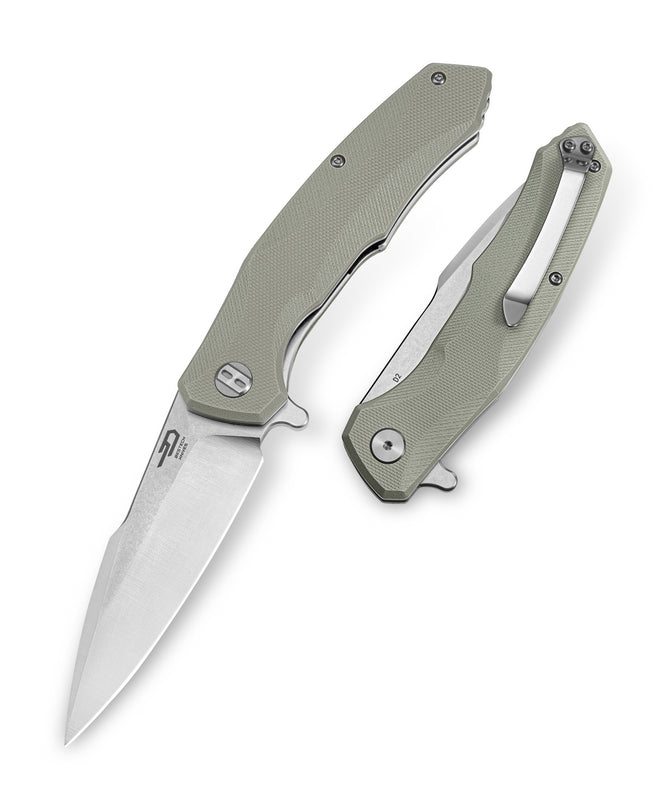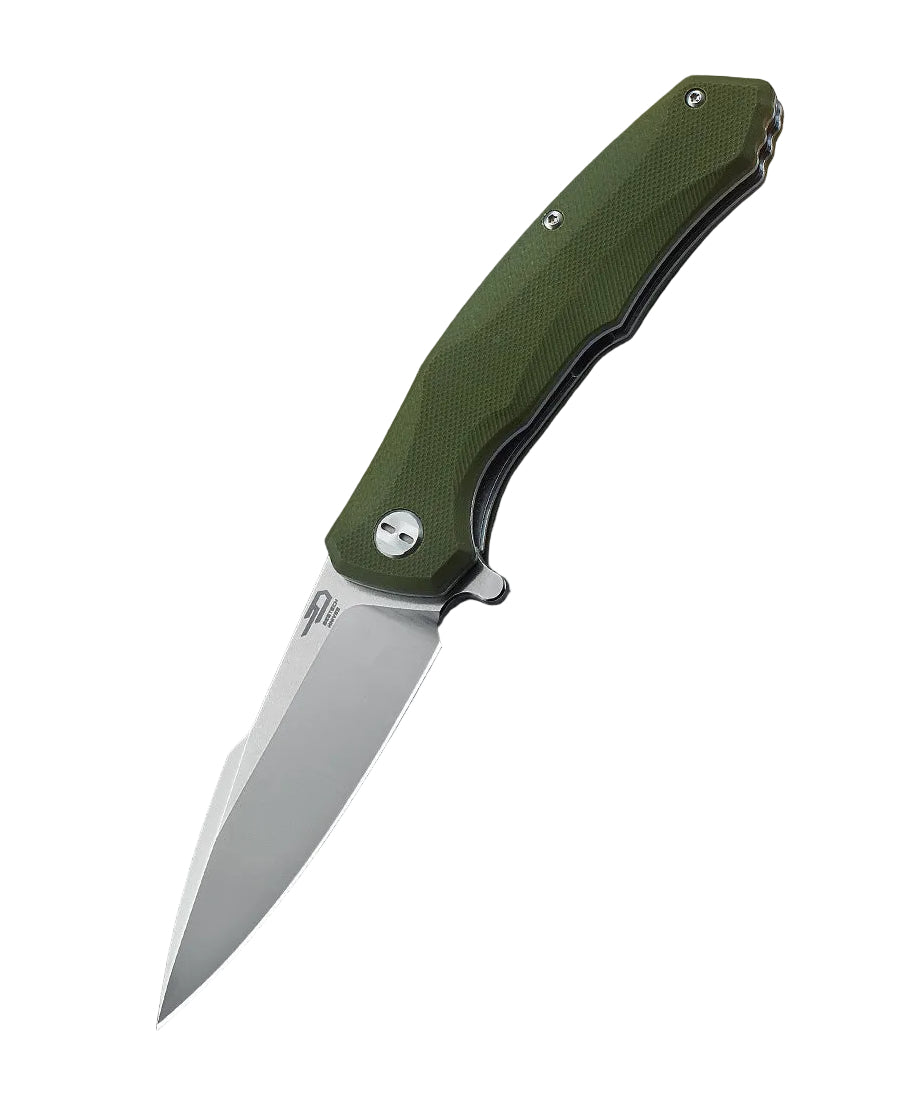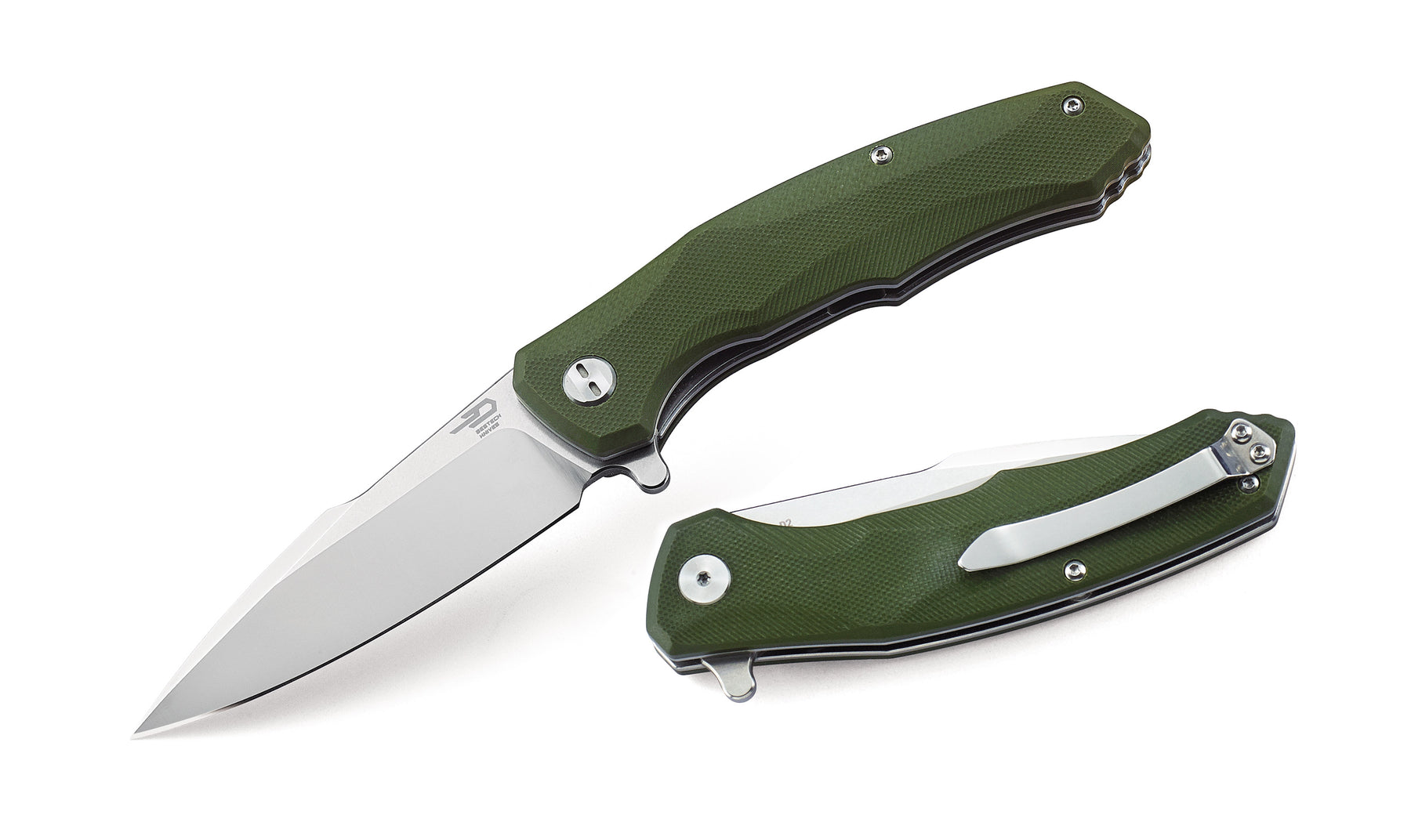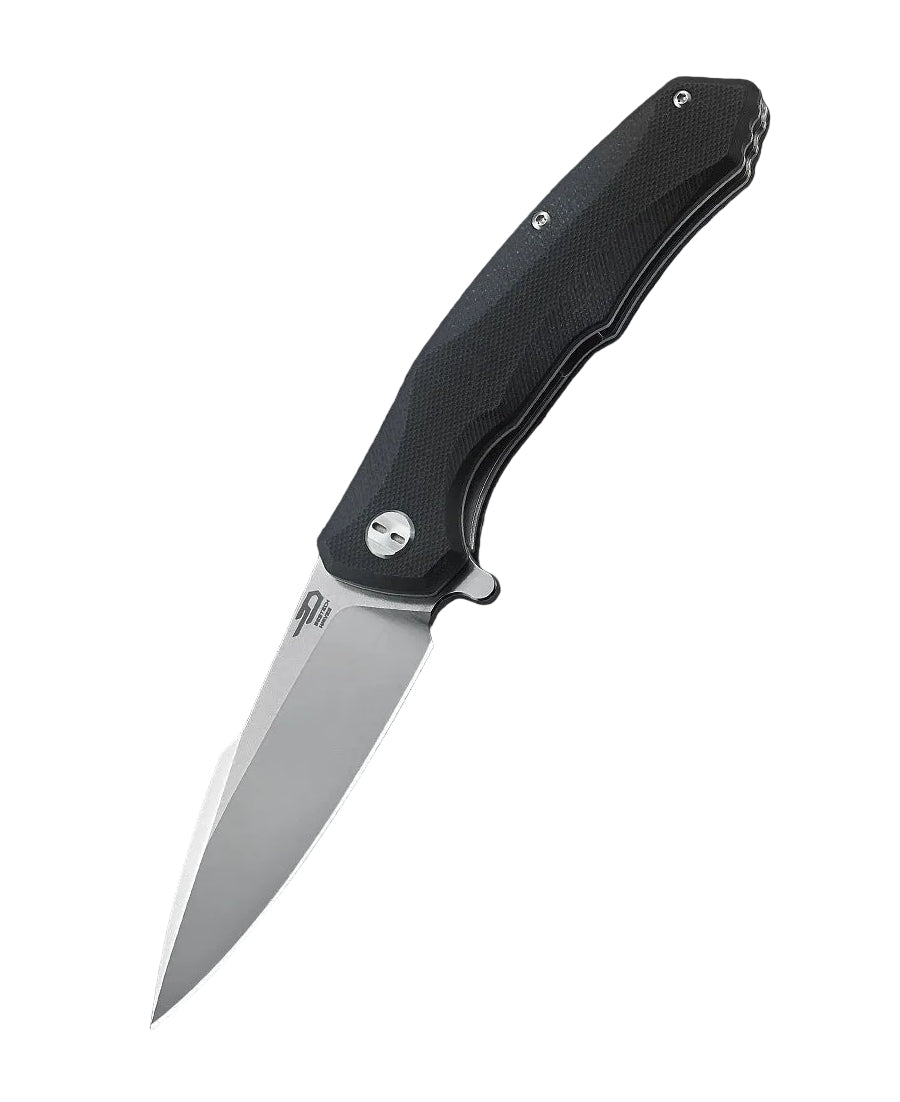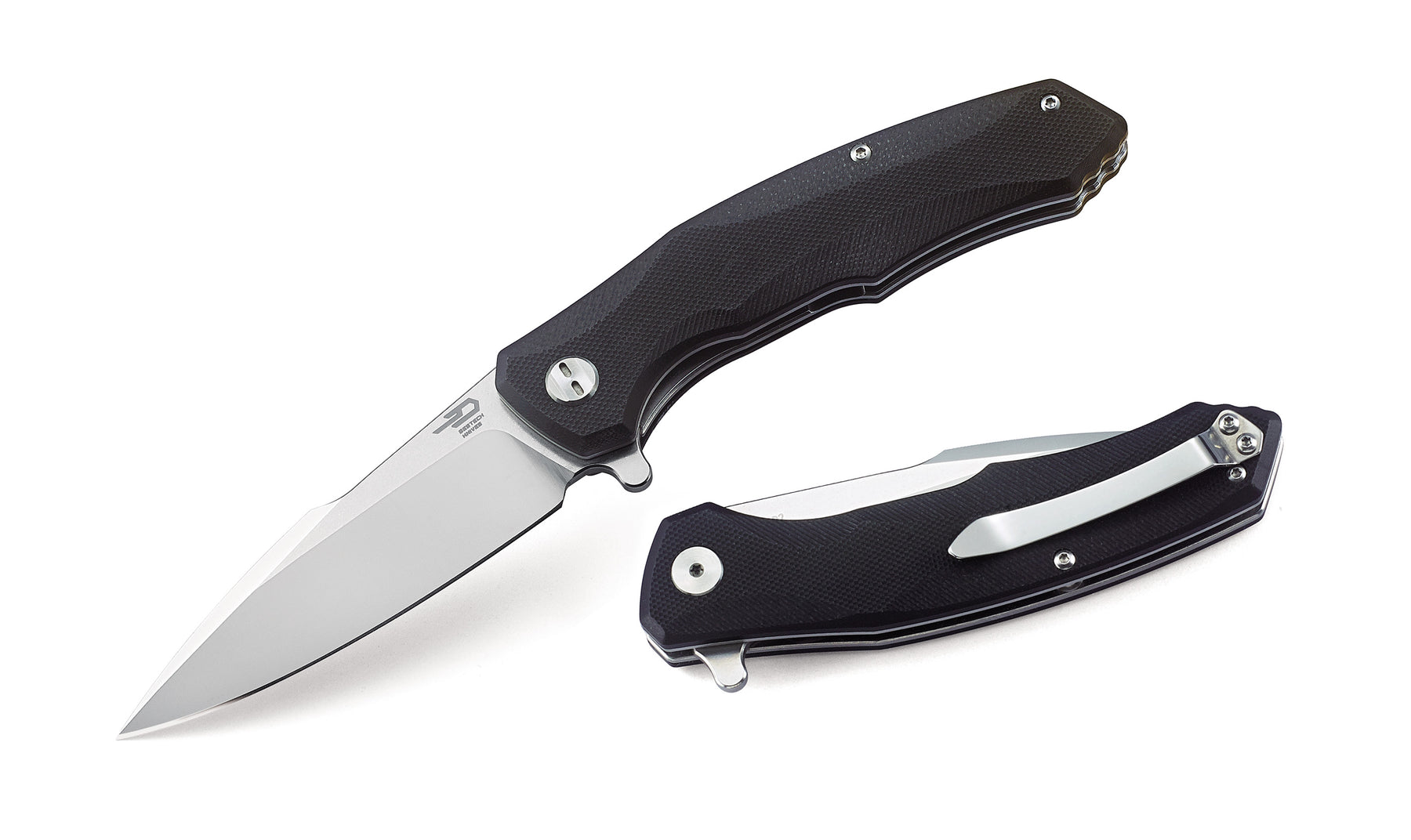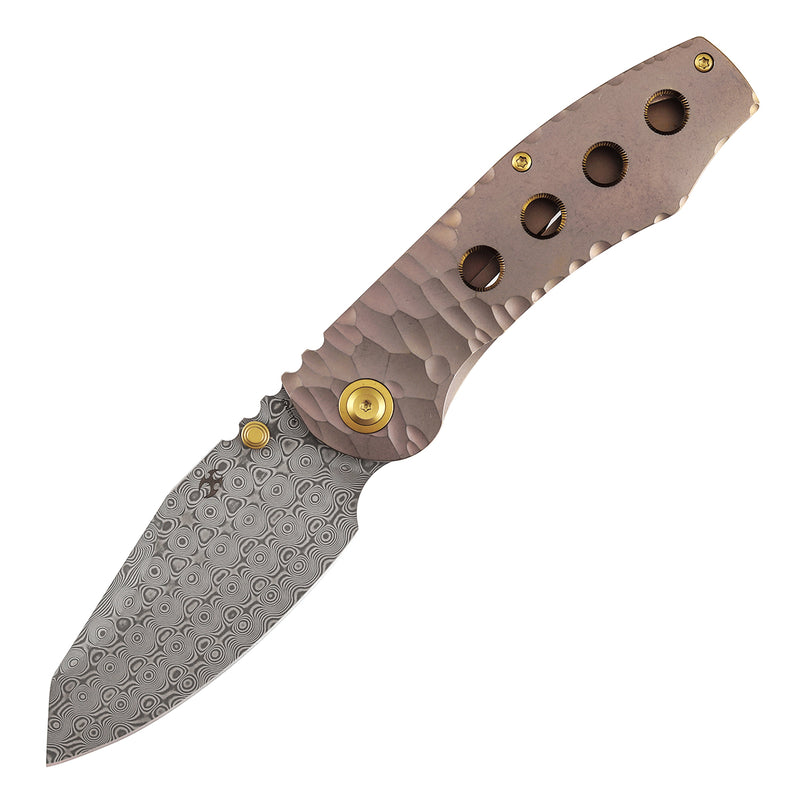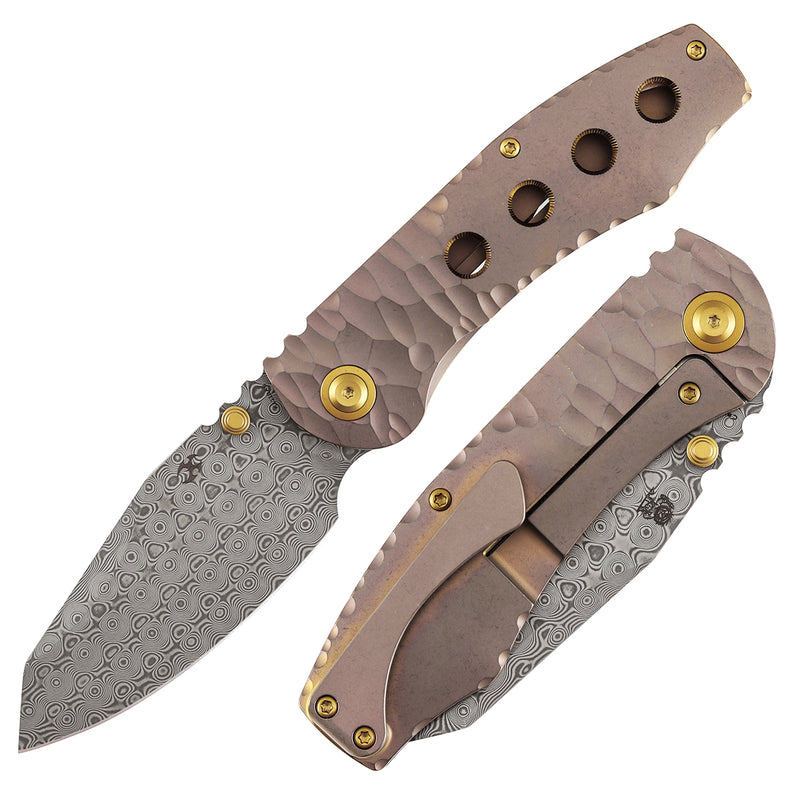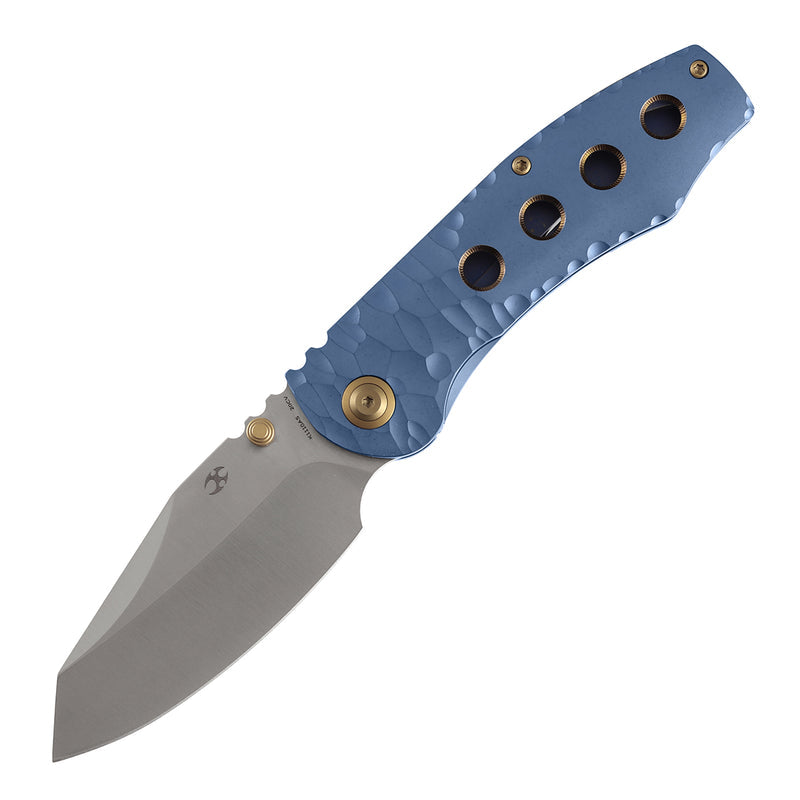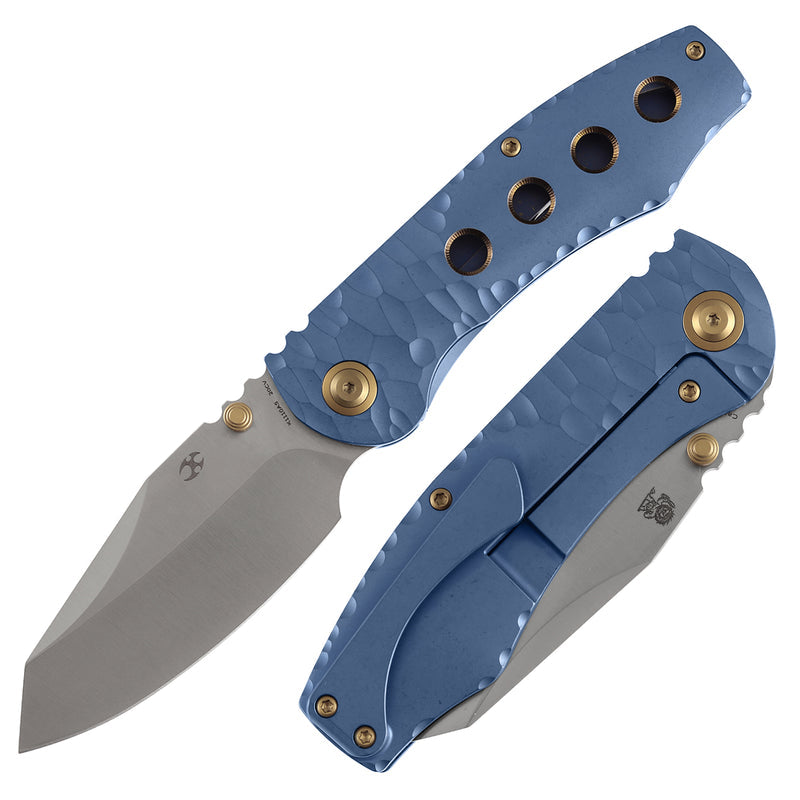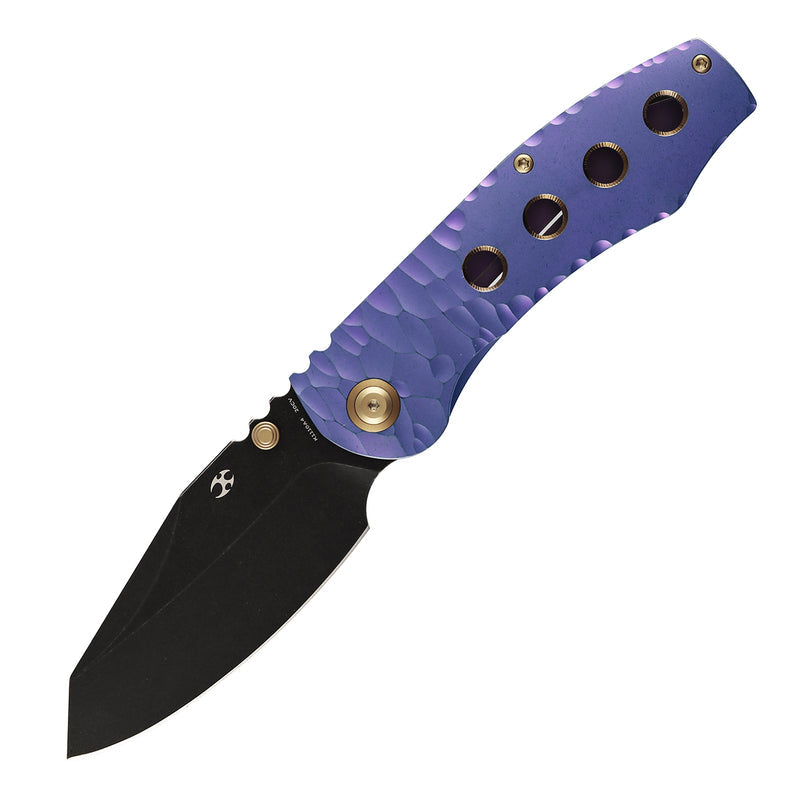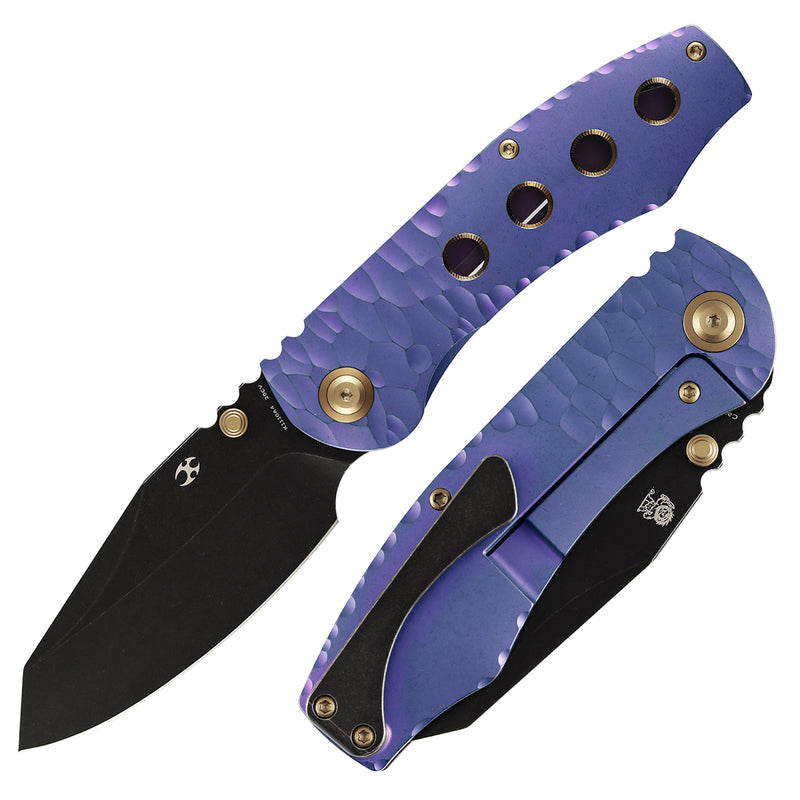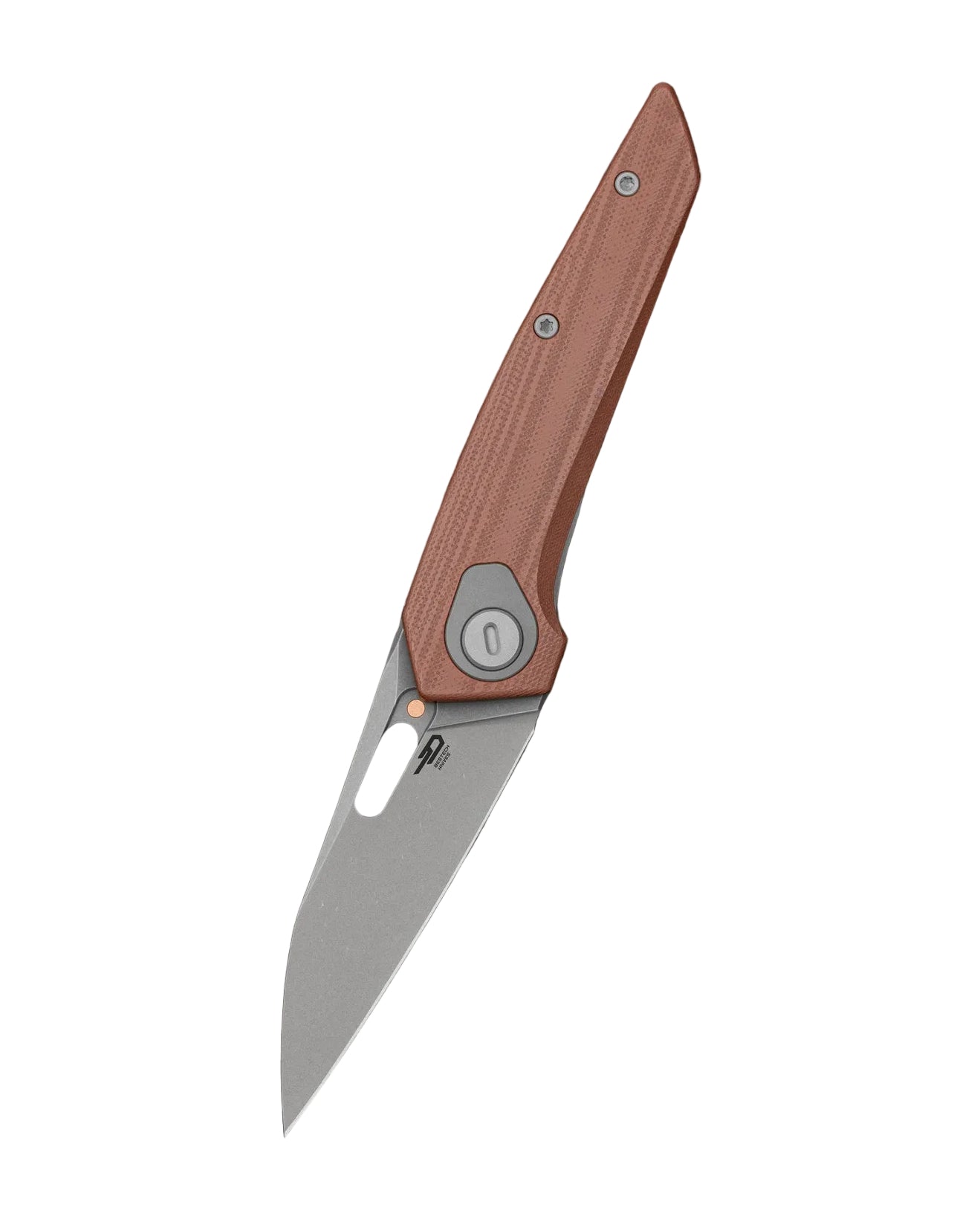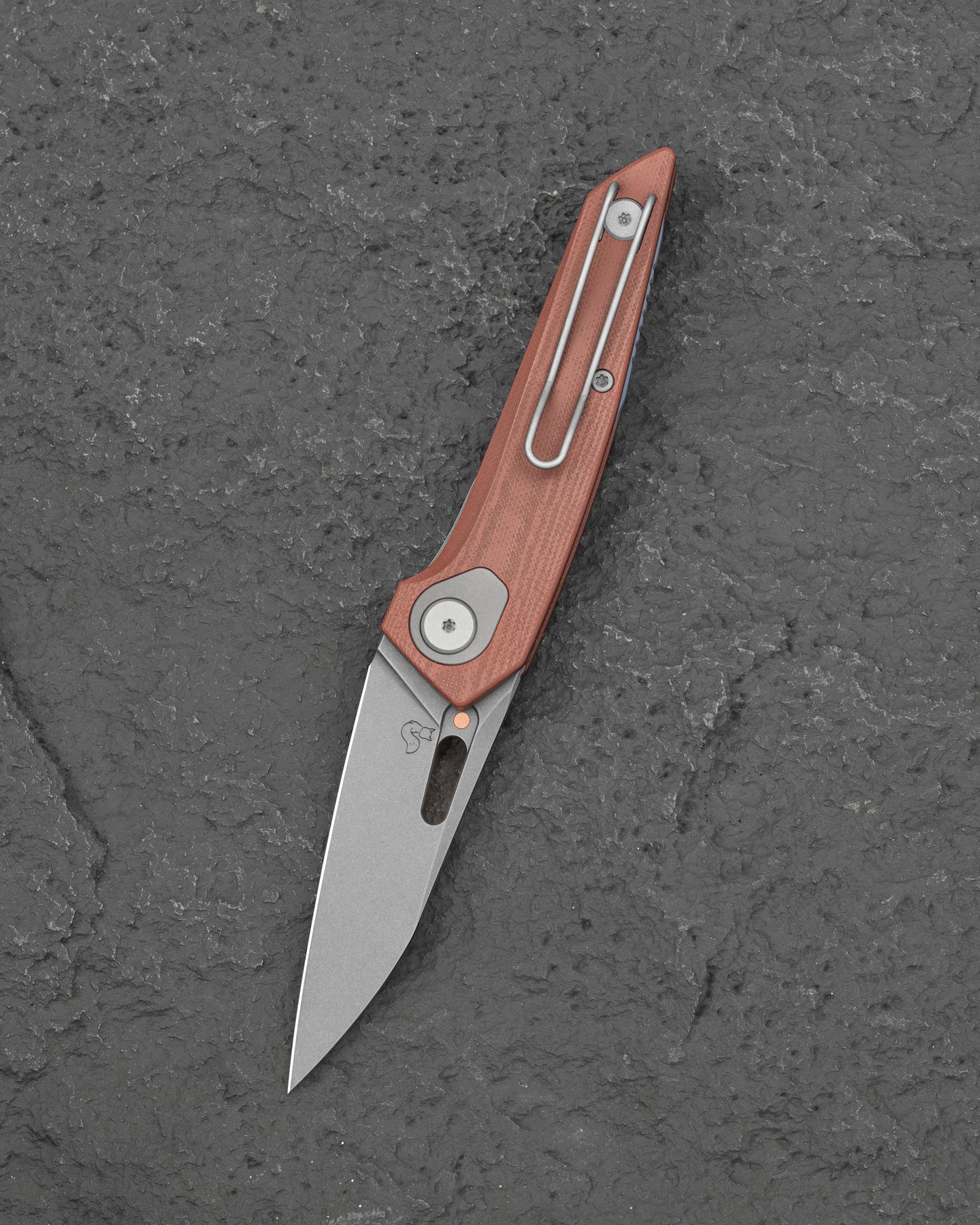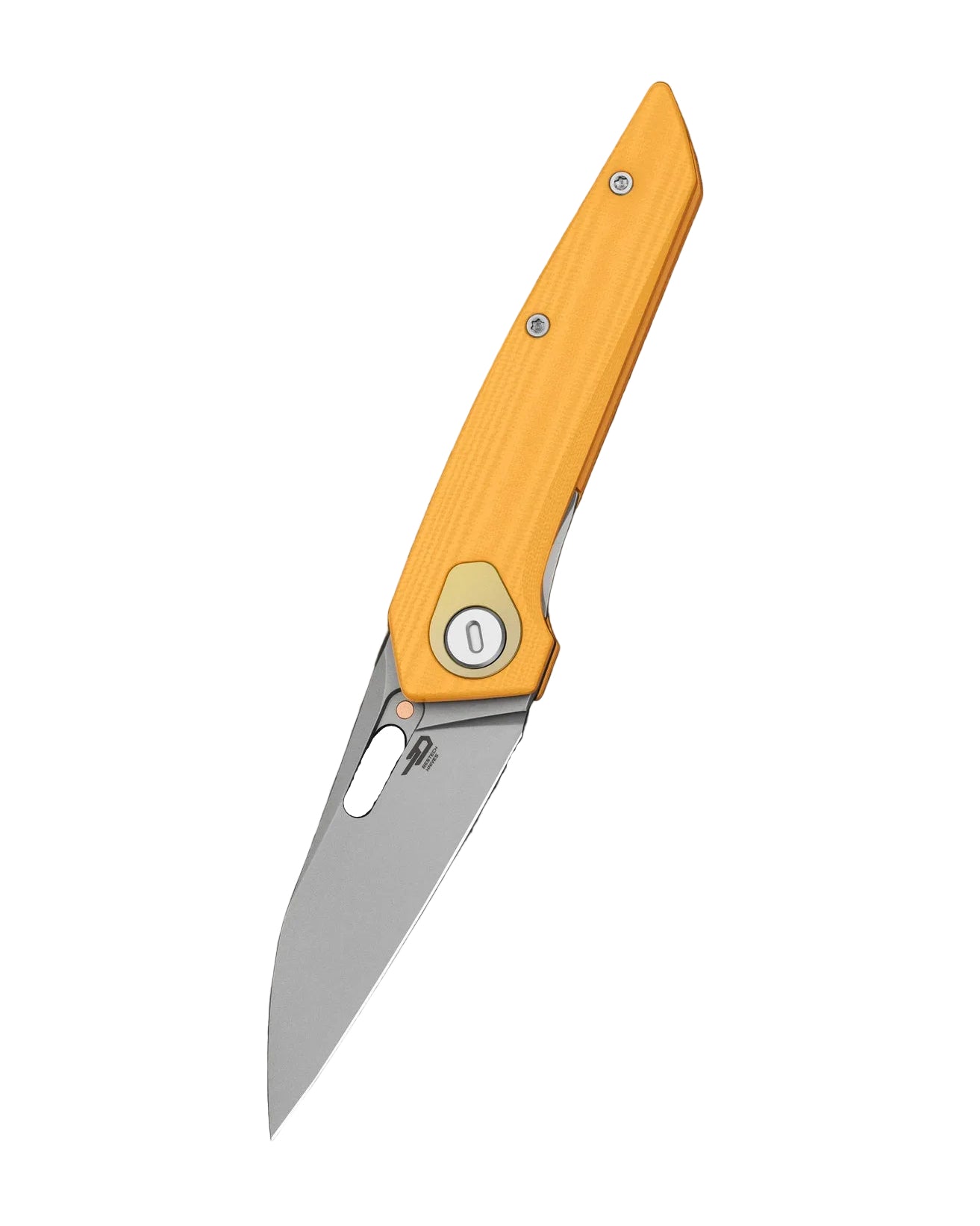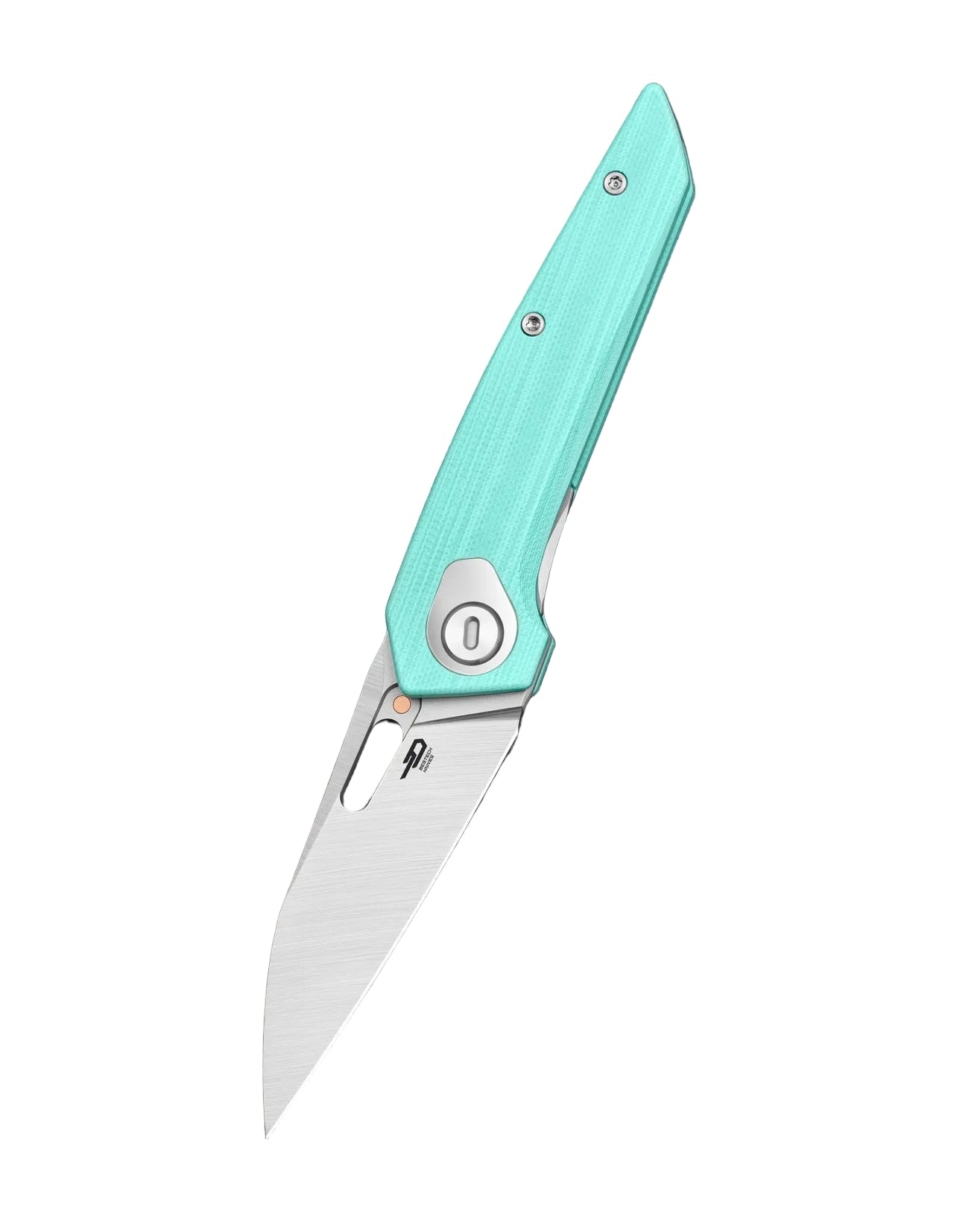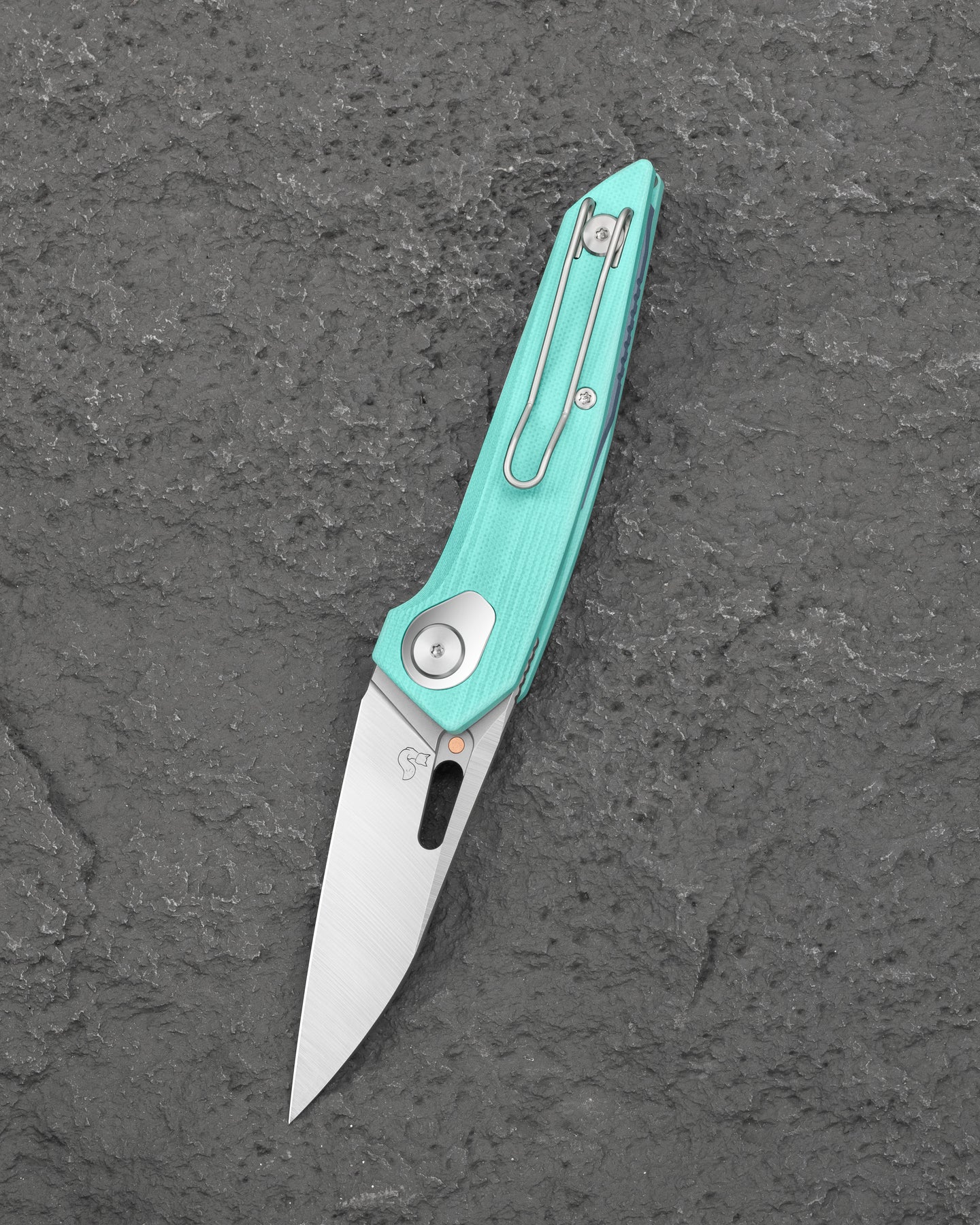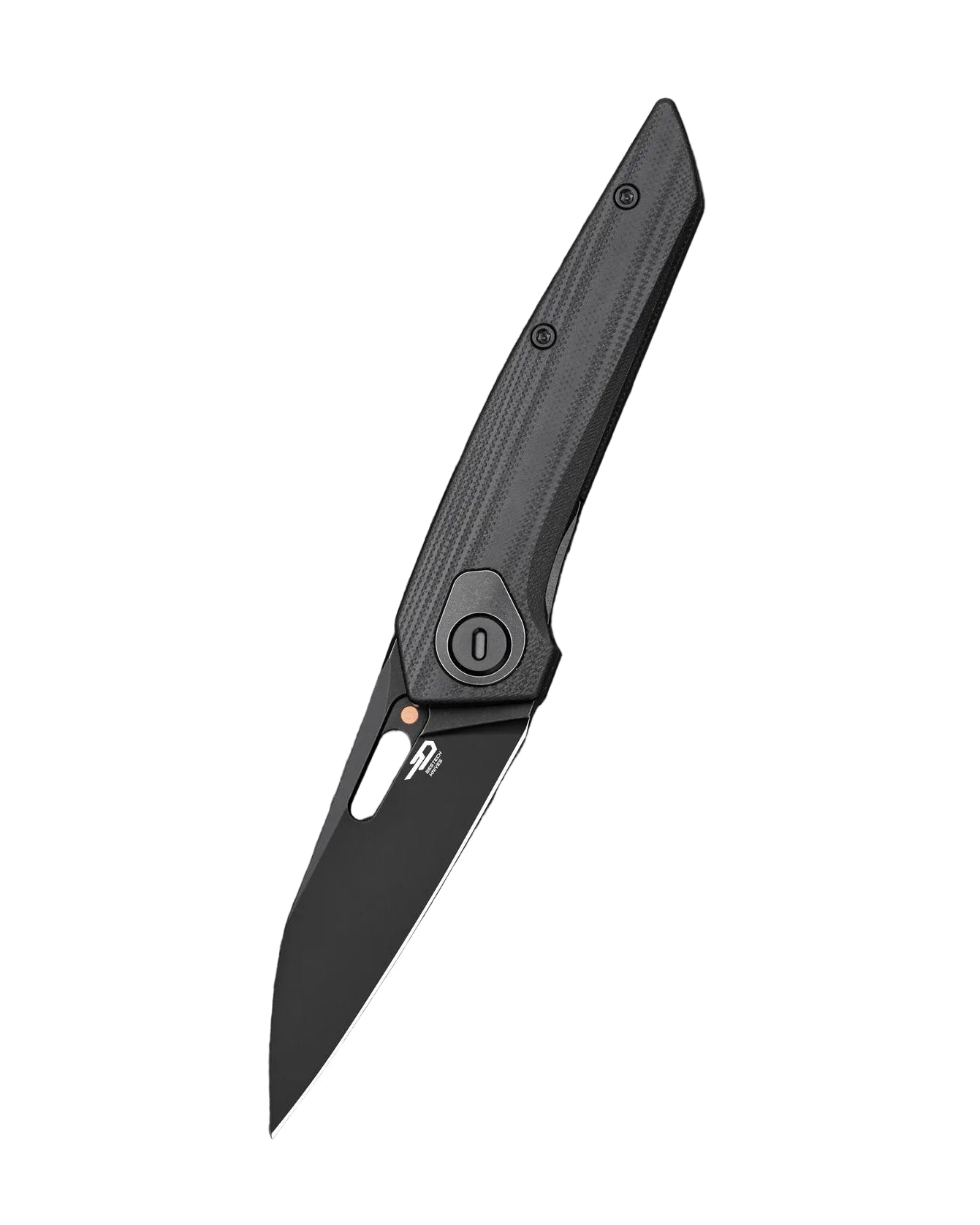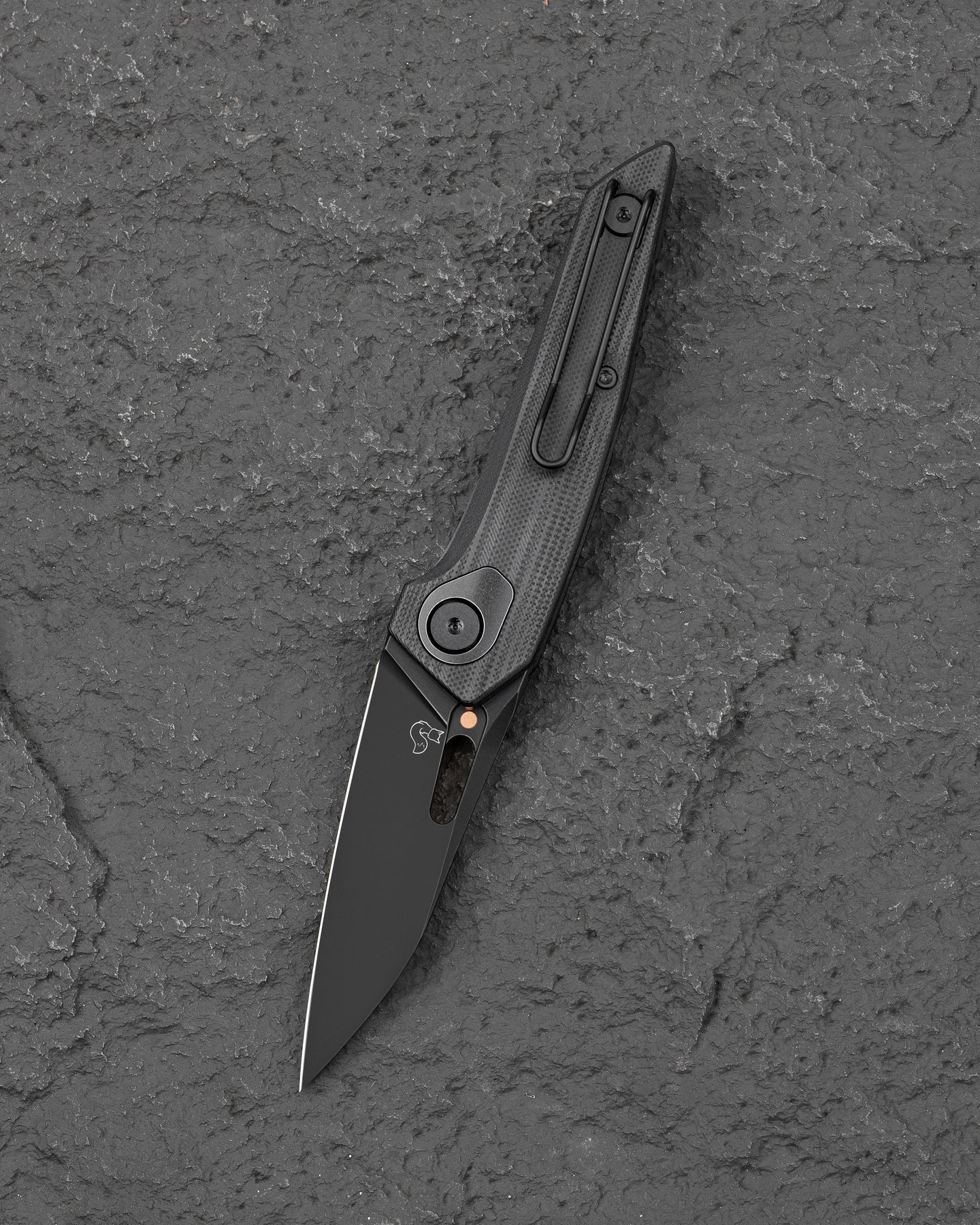When it comes to choosing the right steel for your knife, the decision can be overwhelming. Two popular options on the market are 420HC and D2 steel. But which one is better? Let's dive into the details to help you make an informed choice.
What is 420HC Steel?
420HC steel is a stainless steel that is commonly used in knife blades. It is known for its corrosion resistance and ease of sharpening. With a carbon content of around 0.4-0.5%, this steel offers good edge retention and is easy to maintain.
What is D2 Steel?
D2 steel, on the other hand, is a high-carbon tool steel known for its excellent wear resistance and edge retention. With a carbon content of around 1.5%, D2 steel is much harder than 420HC steel. This makes it ideal for applications where toughness and edge retention are crucial.
Strength and Durability
When it comes to strength and durability, D2 steel outperforms 420HC steel. D2 steel is much harder and more wear-resistant, making it ideal for heavy-duty use. It can hold its edge for longer periods, making it a popular choice among professionals who rely on their knives for tough tasks.
Corrosion Resistance
While 420HC steel is known for its corrosion resistance, D2 steel is not as stainless. D2 steel requires proper maintenance to prevent rust and corrosion. If you are in a humid or wet environment, you may need to be more diligent in caring for a D2 steel blade compared to a 420HC steel blade.
Sharpening Ease
420HC steel is easier to sharpen compared to D2 steel. The lower hardness of 420HC steel makes it more forgiving when it comes to sharpening angles and techniques. On the other hand, D2 steel requires more effort and skill to sharpen due to its high hardness.
Conclusion
In conclusion, the choice between 420HC and D2 steel depends on your specific needs and preferences. If you prioritize edge retention and durability for heavy use, D2 steel is the superior choice. However, if ease of maintenance and sharpening are more important to you, 420HC steel may be the better option.
Ultimately, both steels have their own strengths and weaknesses, so it's essential to consider how you will be using your knife before making a decision. Whichever steel you choose, proper care and maintenance will ensure that your knife performs at its best for years to come.


